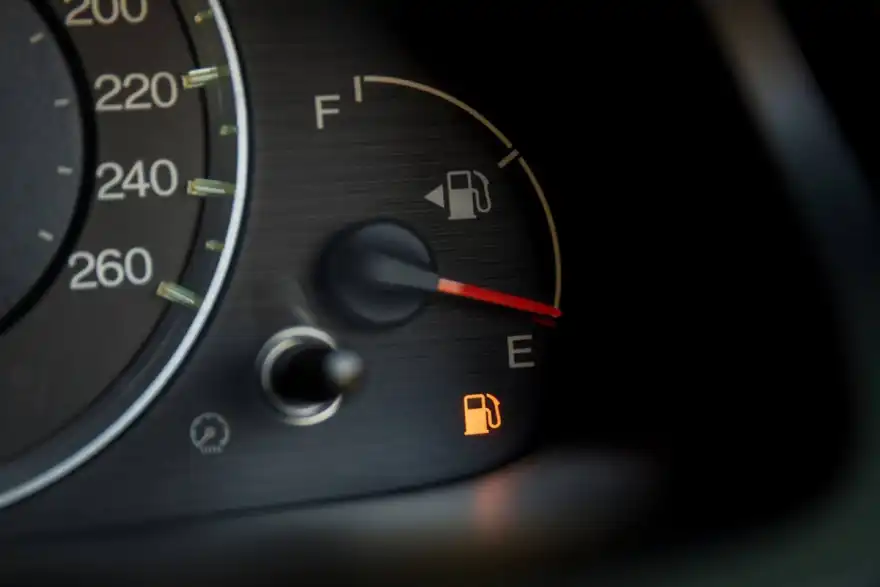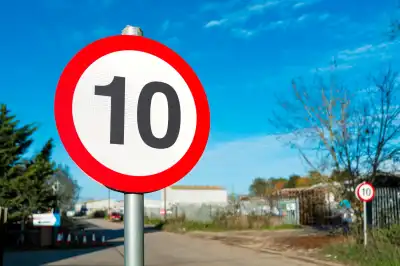
As fuel prices continue to rise and families around Europe, not just in the UK, feel the pinch as the cost of living rises, the International Environmental Agency has come up with a list of recommendations to save oil.
Don’t worry, we think some of them are ridiculous too, but do some have legs?
The IEA’s 10 Key actions: (Heads up, kb/d = 1,000 barrels of oil per day)
Reduce speed limits on highways by at least 10 km/h
Estimated impact: Saves around 290 kb/d of oil use from cars, and an additional 140 kb/d from trucks
Work from home up to three days a week where possible
Estimated impact: One day a week saves around 170 kb/d; three days saves around 500 kb/d
Car-free Sundays in cities
Estimated impact: Every Sunday saves around 380 kb/d; one Sunday a month saves 95 kb/d
Make the use of public transport cheaper and incentivise micromobility, walking and cycling
Estimated impact: Saves around 330 kb/d
Alternate private car access to roads in large cities
Estimated impact: Saves around 210 kb/d
Increase car sharing and adopt practices to reduce fuel use
Estimated impact: Saves around 470 kb/d
Promote efficient driving for freight trucks and delivery of goods
Estimated impact: Saves around 320 kb/d
Using high-speed and night trains instead of planes where possible
Estimated impact: Saves around 40 kb/d
Avoid business air travel where alternative options exist
Estimated impact: Saves around 260 kb/d
Reinforce the adoption of electric and more efficient vehicles
Estimated impact: Saves around 100 kb/d
Will you be changing your driving habits to reduce your fuel usage? Let us know in the comments below.
IEA Executive Director, Fatih Birol, said: “This [the changes] would significantly reduce potential strains at a time when a large amount of Russian supplies may no longer reach the market and the peak demand season of July and August is approaching. The measures would have an even greater effect if adopted in part or in full in emerging economies as well.
“As a result of Russia’s appalling aggression against Ukraine, the world may well be facing its biggest oil supply shock in decades, with huge implications for our economies and societies.
“IEA Member Countries have already stepped in to support the global economy with an initial release of millions of barrels of emergency oil stocks, but we can also take action on demand to avoid the risk of a crippling oil crunch. Our 10-Point Plan shows this can be done through measures that have already been tested and proven in multiple countries.”




